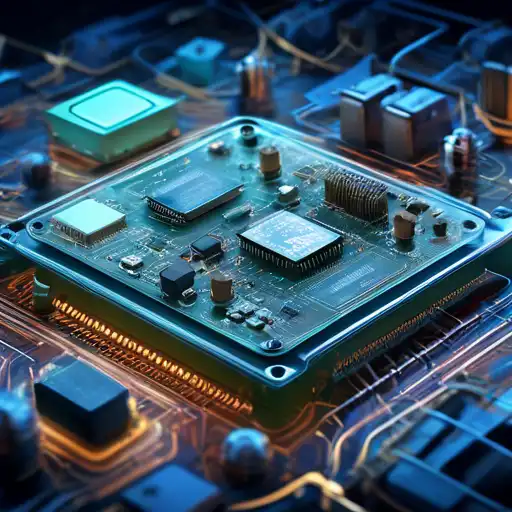The Hidden Power of Embedded Systems in Modern Smart Devices
Embedded systems are the cornerstone of today's smart devices, acting as the brains behind their functionality. From smartphones to smart refrigerators, these systems ensure that devices operate efficiently, intelligently, and autonomously. This article delves into the world of embedded systems, exploring their role, importance, and the future they are shaping in the realm of smart technology.
What Are Embedded Systems?
An embedded system is a dedicated computing system designed to perform specific tasks within a larger mechanical or electrical system. Unlike general-purpose computers, embedded systems are optimized for their particular tasks, leading to increased efficiency and reliability. They are typically based on microcontrollers or microprocessors and are embedded as part of the complete device, hence the name.
The Role of Embedded Systems in Smart Devices
Smart devices rely heavily on embedded systems to process data, make decisions, and execute commands. For instance, in a smart thermostat, the embedded system reads temperature data, compares it with the user's preferences, and adjusts the heating or cooling accordingly. This seamless operation is made possible by the sophisticated software and hardware integration characteristic of embedded systems.
Key Components of Embedded Systems
- Microcontroller/Microprocessor: The heart of the embedded system, responsible for executing instructions.
- Memory: Stores the software and data necessary for the system's operation.
- Input/Output Interfaces: Allow the system to interact with the external world, such as sensors and actuators.
- Software: The program that dictates the system's behavior and functionality.
Why Embedded Systems Are Crucial for IoT
The Internet of Things (IoT) is a network of interconnected devices that communicate and share data. Embedded systems are the backbone of IoT, enabling devices to collect, process, and transmit data efficiently. Without embedded systems, the smart, connected world we live in today would not be possible.
The Future of Embedded Systems in Smart Technology
As technology advances, embedded systems are becoming more powerful, energy-efficient, and smaller in size. This evolution is paving the way for more innovative and complex smart devices, further integrating technology into our daily lives. The future of embedded systems lies in their ability to adapt, learn, and provide even more personalized and intuitive user experiences.
Embedded systems are indeed the unsung heroes of the smart device revolution. Their ability to perform dedicated tasks efficiently and reliably makes them indispensable in today's technology-driven world. As we move forward, the role of embedded systems will only grow, making them a key area of interest for developers, engineers, and tech enthusiasts alike.
